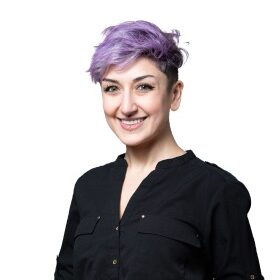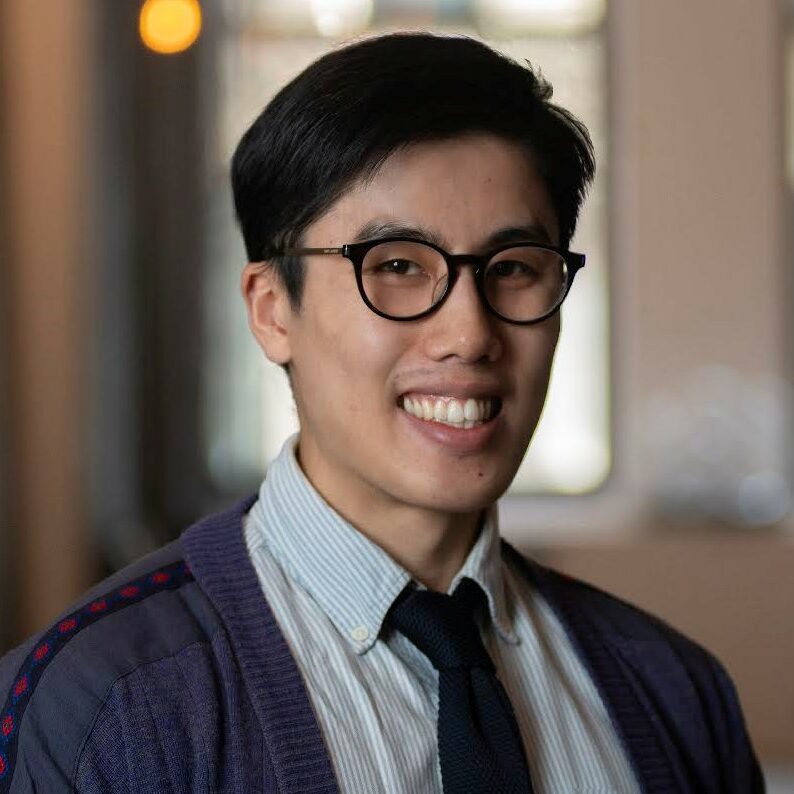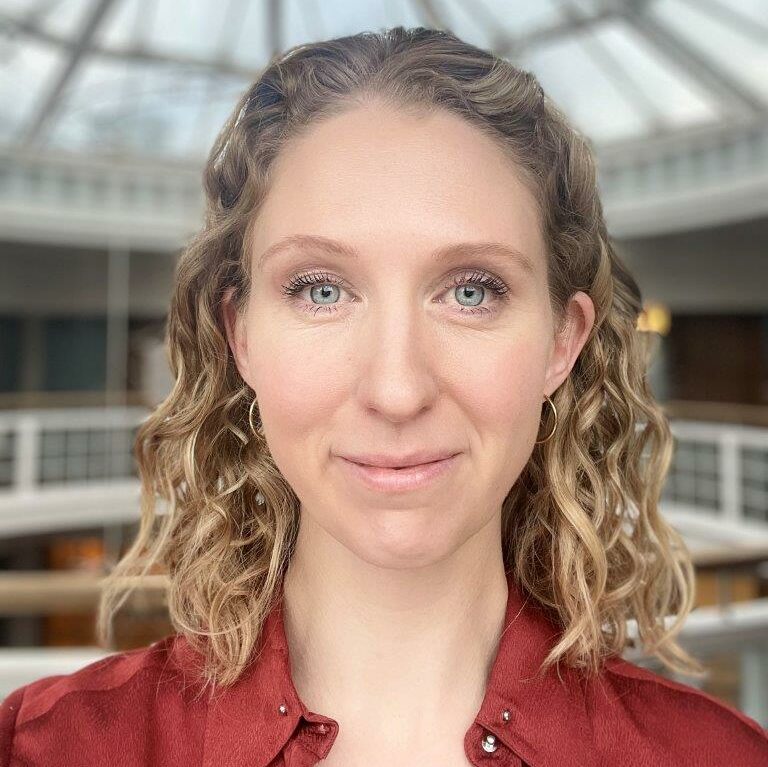Explore the world while you study with the International Bachelor of Science (iBSc) program at York University.
This distinctive program, available in Biology and Biomedical Science, is designed not only to deepen your scientific knowledge but also to expand your global perspective—an invaluable asset in today’s interconnected world.
Science is a universal language, and an international experience is integral to understanding its global impact. By studying abroad, you’ll gain firsthand insight into different scientific approaches and cultural perspectives. This experience is highly valued by a wide range of employers, from government agencies to international corporations, who recognize the importance of cultural awareness and adaptability in a global workforce.
Program Overview
The iBSc program offers two specialized pathways:
- Biology: Focusing on fundamental biological sciences and extending into specialized fields such as ecology, molecular genetics, animal physiology and microbiology.
- Biomedical Science: Concentrating on the intersection of biology and medicine, this pathway prepares students for careers in healthcare and biomedical research.
The iBSc degree program requires study in a second language and at least one term of study abroad.
Degree Requirements
The iBSc program is structured to include 120 credits, distributed as follows:

85 CREDITS IN SCIENCE
These are comprised of core and elective science courses that are aligned with traditional BSc degree requirements.

30 CREDITS IN INTERNATIONAL COMPONENTS
- 12 Credits in Language Study: Students choose from a variety of languages offered at York, preparing them for their international experiences.
- 12 Credits in International Content Courses: These courses, which must be approved by an iBSc advisor, explore global issues, foreign cultures, and international policies, enhancing students’ global awareness.
- 6 Additional Credits in Language or International Content: Depending on their interests, students may opt to further their language proficiency or deepen their understanding of international topics.

5 CREDITS IN FREE ELECTIVES
These allow students flexibility to explore other areas of interest across the university.
Academic Resources
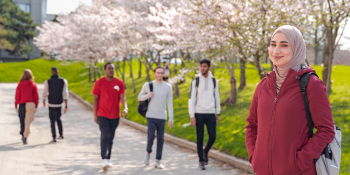
iBSc Handbook
This handbook is designed to provide students with information needed to plan and complete the International Bachelor of Science degree, including advising inquiries, degree requirements, and sample programs.
Alumni Success Stories
Graduates of the iBSc program are exceptionally well-prepared for careers that demand scientific expertise and a deep understanding of global issues. They are equipped to work in multinational corporations, global health organizations, research institutions, and beyond, or to continue their studies in graduate or professional schools.
Hear from our iBSc alumni about their career paths and how the program shaped their professional lives:
Advising Support & Guidance
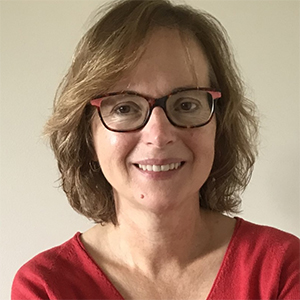
Professor Paula Wilson
HEAD, BETHUNE COLLEGE
Professor Paula Wilson serves as the academic advisor for the International Bachelor of Science programs in the Department of Biology at the Faculty of Science. She can be reached via email.
Tip: When sending an email, it’s a good idea to introduce yourself, mention your interest in the iBSc program, and clearly state any questions or concerns you might have. This will help Professor Wilson provide you with the most relevant and helpful information.
Specific advising for international exchanges:
Please reach out to one of our global learning coordinators who can help you through the exchange application process.
For general science advising:
Science Academic Services (SAS) is the undergraduate advising office for all Science students at York.
Additional Opportunities
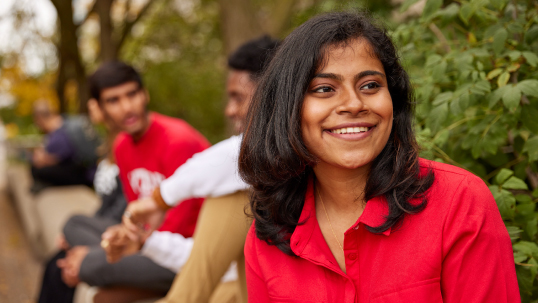
Beyond the classroom, iBSc students have access to:
- Summer School Abroad: Short-term programs that provide intensive academic and cultural experiences.
- Internships: Through the York International Internship Program, students can gain practical experience in a global setting.
- Research Projects: Opportunities to participate in international research, often led by faculty members, which can enhance their scientific and investigative skills.

Interested in becoming an international collaborative partner with York Science?
Please contact Hugo Chen, Director of International Collaborations and Partnerships, at science.international@yorku.ca.


